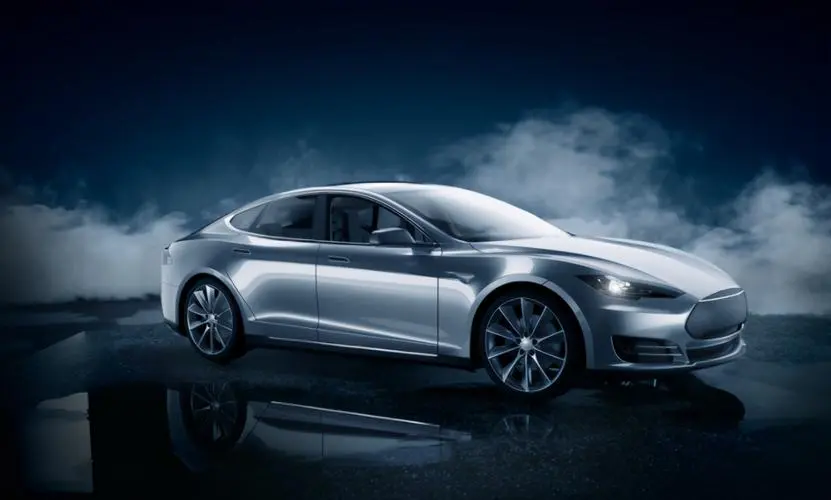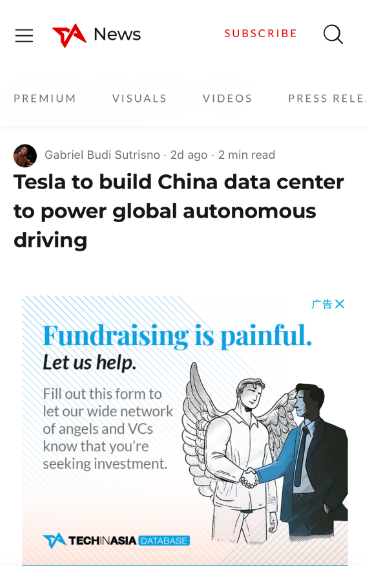Tesla is considering collecting data in China and setting up a data center there to process data and train Autopilot algorithms, according to multiple sources familiar with the matter.
May 19, Tesla is considering collecting data in China and setting up a data center in the country to process data and train algorithms for its self-driving technology in a bid to boost the global rollout of its FSD system, according to media reports.
This is part of a strategic shift by Tesla CEO Elon Musk, who previously insisted on transferring data collected in China for processing overseas.
It’s unclear how Tesla will handle Autopilot data, whether it will use both data transfers and local data centers, or whether it will treat the two as parallel programs.
A person familiar with the matter also revealed that Tesla has been in talks with U.S. chip giant Nvidia, and the two sides are discussing buying graphics processors for Chinese data centers.
However, NVIDIA is banned from selling its cutting-edge chips in China due to U.S. sanctions, which could pose an obstacle to Tesla’s plans.
Some analysts believe that building Tesla’s data center in China will help the company better adapt to the country’s complex traffic conditions and accelerate the training of its Autopilot algorithms using the country’s vast amount of scenario data.
Tesla is a globally recognized manufacturer of electric vehicles based in California, USA. It was founded in 2003 by billionaire Elon Musk. Tesla’s mission is to drive humanity’s transition to sustainable energy and change the way people think about cars through innovative technologies and products.
Tesla’s best-known products are electric vehicles, including the Model S, Model 3, Model X, and Model Y. These models not only excel in performance but also receive high marks for safety and environmental friendliness. With advanced features such as long-range, fast charging, and intelligent driving, Tesla’s electric cars are popular with consumers.
In addition to electric cars, Tesla has also ventured into solar energy and energy storage. The company has introduced solar roof tiles and Powerwall storage batteries to provide clean energy solutions for homes and businesses. Tesla has also developed solar charging stations and Superchargers to provide convenient charging options for electric car users.
In addition to achieving great success with its products, Tesla has also set new standards in its business model and marketing strategy. The company uses a direct sales model, bypassing dealers to sell products directly to consumers, which significantly reduces distribution costs. In addition, Tesla has actively expanded into overseas markets and established a globalized production and sales network, becoming a leader in the global electric vehicle market.
However, Tesla also faces several challenges. First, the electric vehicle market is highly competitive, including competition from traditional automakers and emerging technology companies. Second, Tesla’s production and delivery capabilities have been subject to several constraints, resulting in order delivery delays and customer complaints. Finally, Tesla also has some financial and management issues that require further strengthening of internal management and oversight.
Overall, as an innovative company, Tesla has revolutionized the automotive industry. With the popularization of electric vehicles and renewable energy, Tesla will continue to play a leading role in driving the global automotive industry in a more sustainable and environmentally friendly direction.
Post time: May-21-2024

